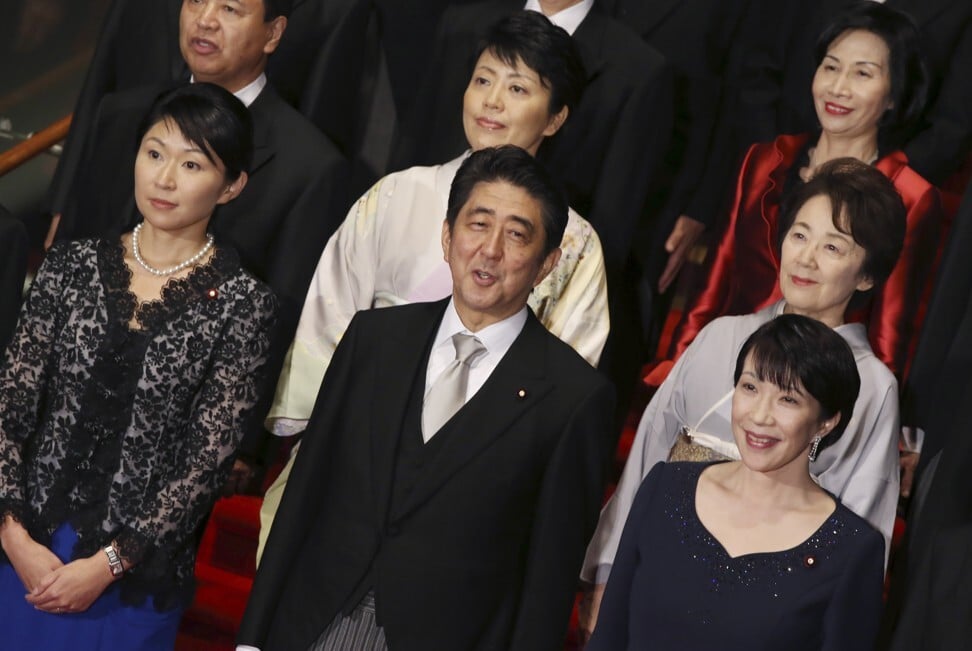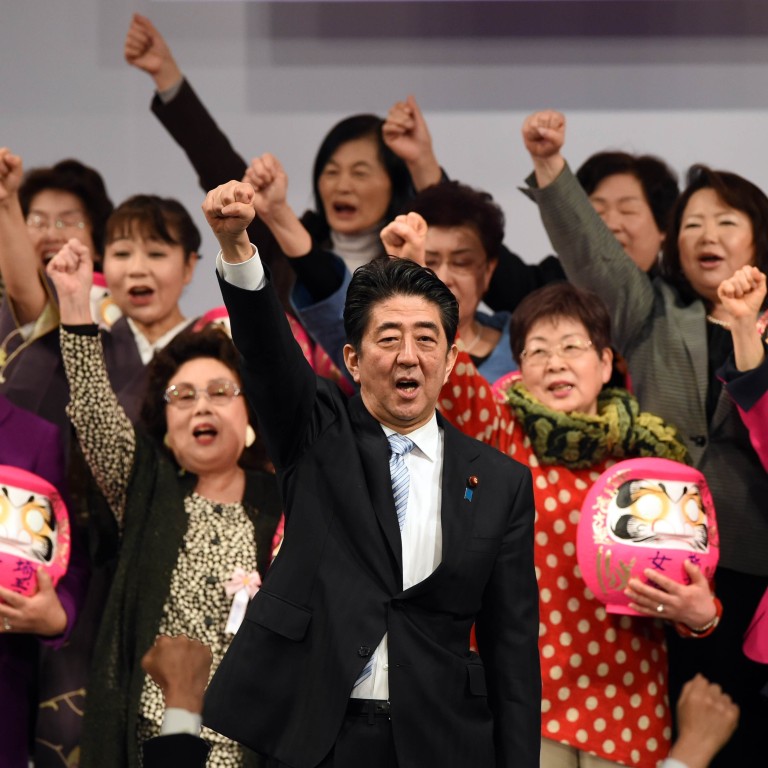
Bittersweet Suga: Shinzo Abe wanted Japanese women to ‘shine’ in politics. What happened?
- Japan’s outgoing prime minister once championed ‘womenomics’, but as he departs the race to succeed him – led by Yoshihide Suga – is a very male affair
- While there are high-profile women politicians, such as Tomomi Inada, Seiko Noda and Yuko Obuchi, a glass ceiling prevents them reaching the top spot
Can post-Abe Japan leave China’s shadow to lead Asia?
Suga, former defence minister Shigeru Ishiba and Fumio Kishida, head of the party’s policy council, have this week been communicating their ambitions for the nation should they be elected, with the economy, dealing with the coronavirus pandemic and relations with Japan’s neighbours the key talking points of their campaigns.
And that is precisely why a new perspective, a female perspective, is required, women say.
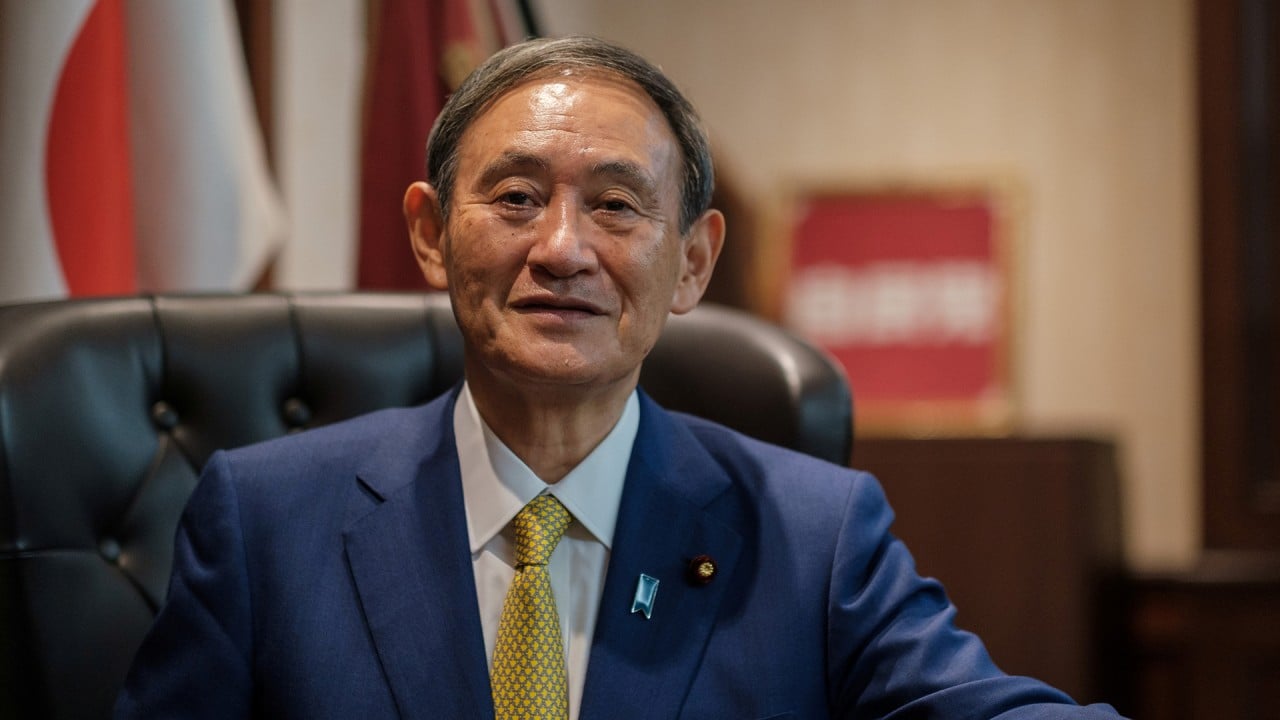
04:20
Yoshihide Suga set to become Japan’s next prime minister after winning ruling party leadership
“When Abe first said that he wanted Japanese women to ‘shine’, I immediately thought what an odd word to choose,” said Mieko Nakabayashi, who was a politician with the opposition Democratic Party of Japan and is now a professor at Tokyo’s Waseda University.
“They quickly found that the new jobs that were on offer are poorly paid part-time positions and that they still have to take care of the children, keep the home and, often, take care of elderly members of their families.”
‘Parasite singles’ to ‘free from pressure’: how Japanese women blazed a trail
The situation is just the same in the political world, she points out.
One of Abe’s declared “womenomics” policies was to increase the ratio of women in the Diet from 10 per cent in 2015 to 30 per cent by 2020, but the figure today is below 10 per cent in the Lower House and just shy of 23 per cent in the 245-seat Upper House. As a result, Japan is presently ranked 125 out of 149 countries in measures of female political empowerment.
“There has been an increase in the number of women in the LDP, partly due to Abe’s initiative but also because of pressure from society, but it is very difficult for a woman politician to build the sort of support base she would need for a successful campaign for party leader,” Nakabayashi said.
To compete, a candidate needs the signatures of 20 fellow politicians – already a high hurdle for the limited number of female MPs. That task becomes significantly harder because most male LDP politicians have effectively inherited safe constituency seats that have been in their families for generations and have been “playing the game” of politics all their adult lives.
These “blue bloods” of Japanese politics have vast networks, financial support and the backing of community and business leaders, as well as their long-established political alliances.
Women, in contrast, have only emerged onto the political scene in any meaningful way in the last couple of decades, which is insufficient time for them to forge the required friendships and build up a stock of favours that they can call in when they do run for the leadership.
“Look at Suga right now,” said Nakabayashi. “He has plenty of support within the party because when he was chief cabinet secretary, he handed out favours and now he is calling them back in. No woman has ever been chief cabinet secretary. No woman has ever been able to build up that sort of political power behind the scenes.”
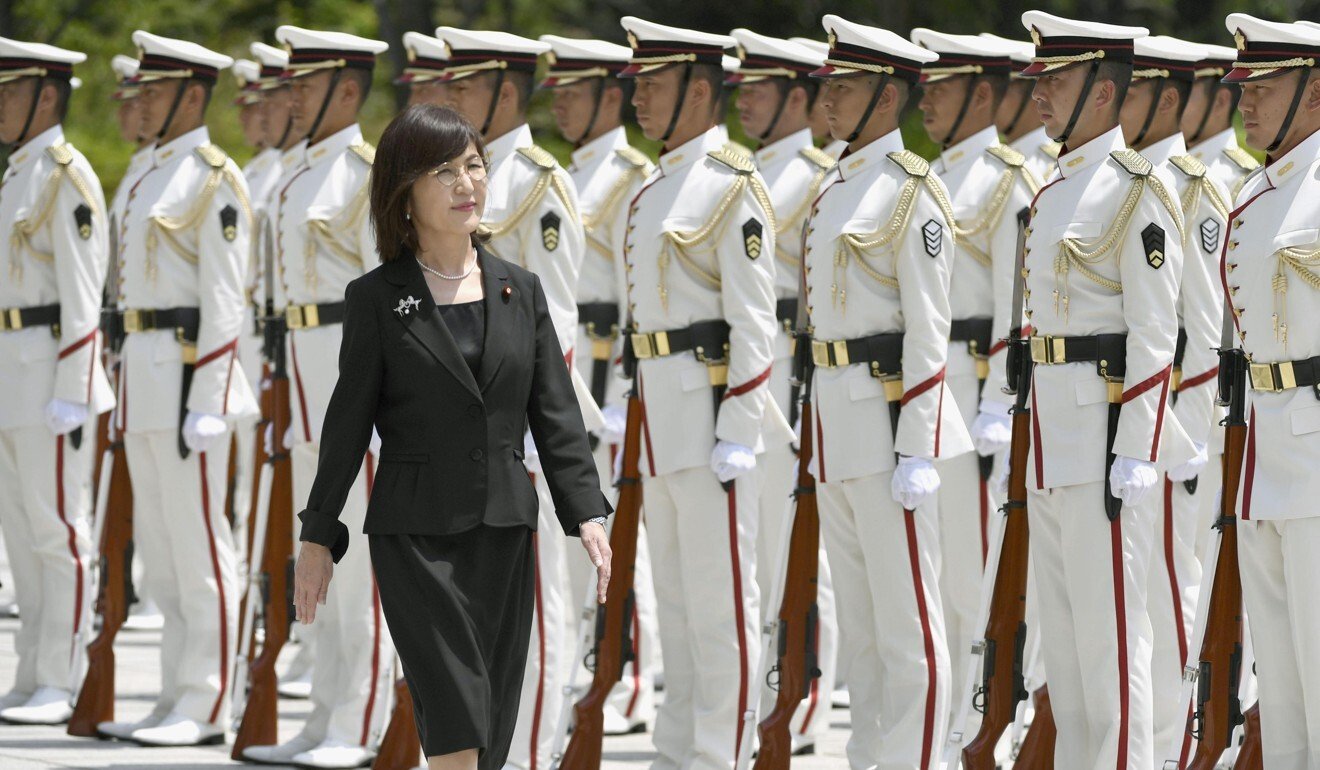
The two female politicians who were reportedly considering making a play for the top post – former Defence Minister Tomomi Inada and Seiko Noda, who served as the internal affairs minister – both had little choice but to drop out when they failed to even clear the first hurdle, obtaining the support of 20 fellow politicians.
“The men of the party would not support them, I’m sure of that,” said Yuko Ito, a professor of international relations at Tokyo’s Asia University.
“But I also feel that women in general in Japan are not encouraged to have high aspirations,” she said. “Yes, we may be seeing more in some leadership roles at companies and organisations, but I feel that women here are still too reserved. And that’s a social issue that is holding women back.”
Let a woman become emperor to avoid Japan succession crisis, minister says
Ito says the best hope for genuine equality in Japan’s political world is that generational change takes hold sooner rather than later and that the overwhelming old and male demographic within the Diet’s two chambers is replaced by younger and more forward-thinking politicians.
“We do need a new generation of leaders to come through, both male and female, and I think it is getting to the point where we need to do something like introducing quotas on parties for female members,” she said, pointing to similar proactive guidelines introduced for professor positions at universities by the ministry of education.
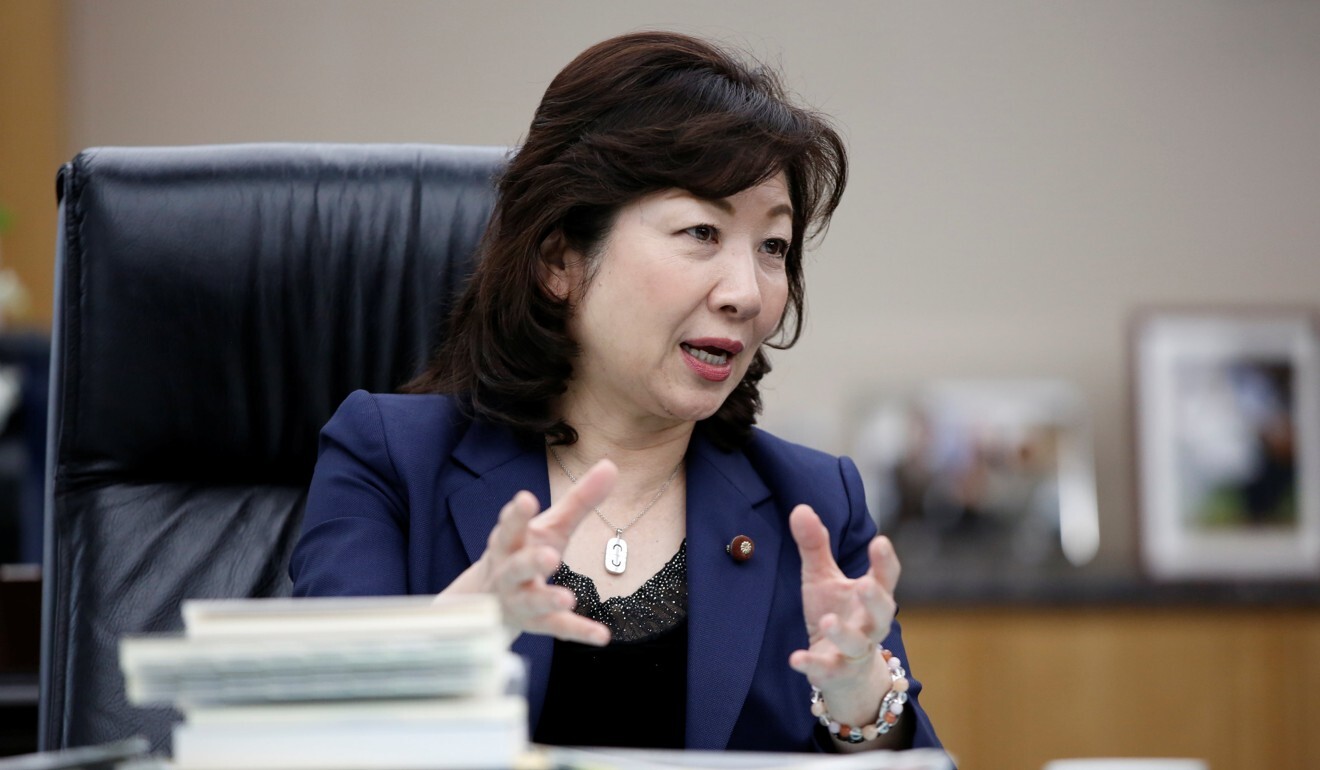
And she is confident that the results would be positive.
“Having more women in politics would be more society friendly as women are more concerned about issues such as the family, health care and so on,” she said. “I don’t think that men really understand just how hard women have to work for the family, so it would benefit the nation to have more female legislators.”
Jun Okumura, an analyst at the Meiji Institute for Global Affairs, concedes that women face “significant handicaps” even in running for office in Japan and then rising through the ranks, but he believes the women who have achieved that and put themselves in a position to challenge for leadership roles have all too often “been found wanting”.
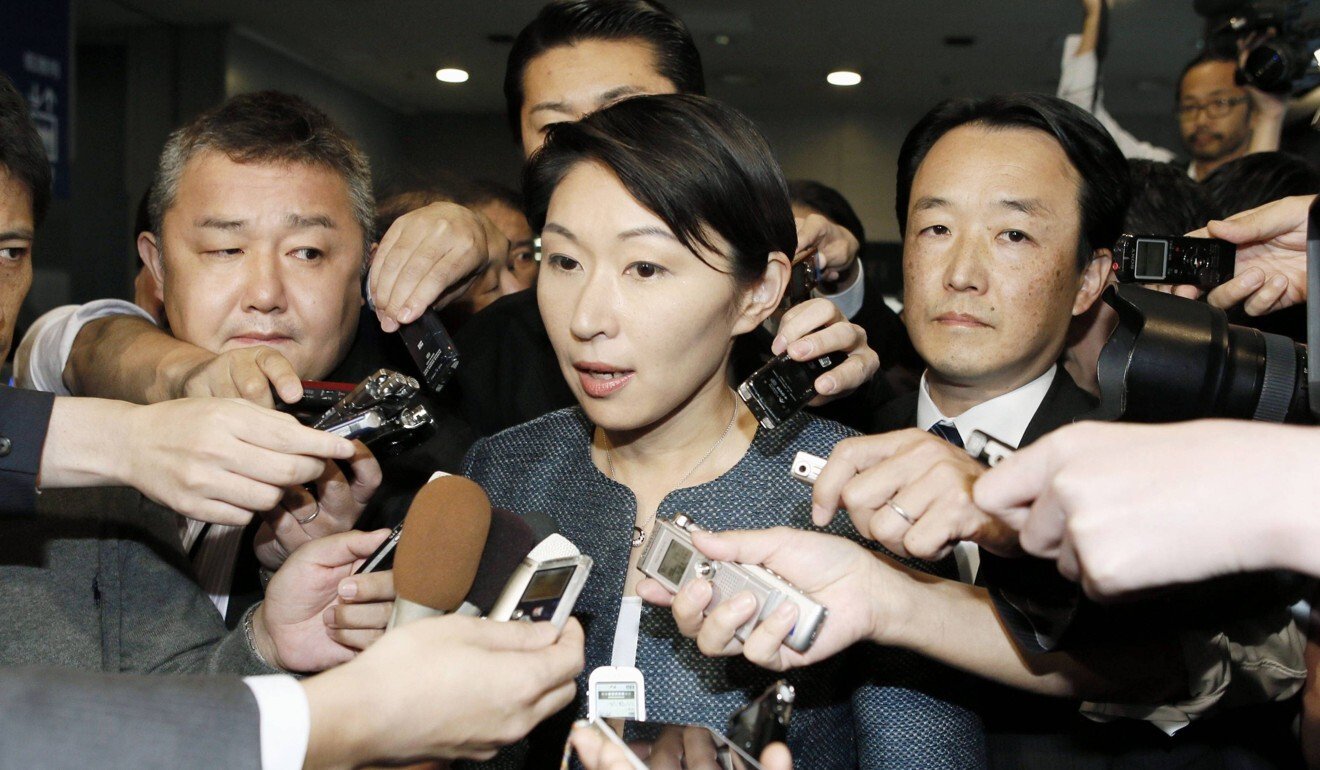
Yuko Obuchi, who is the daughter of former prime minister Keizo Obuchi and inherited his safe seat after he died in office in early 2000, has in the past also been mentioned as a future party leader, but her rise was marred by a scandal involving illegal fundraising activities by her office.
“I think that Abe has tried to be proactive on women in the party and the Diet, but there is a whole obstacle course to women going into politics in the first place and then those that do reach the upper echelons have often been found wanting,” Okumura said.
Professor Ito said it was very unlikely there would be a female leader of Japan in the next decade, “but I can see it in the next quarter-century,” she said. “We just need that new generation of men and women to come through. And that will be good for the country.”


